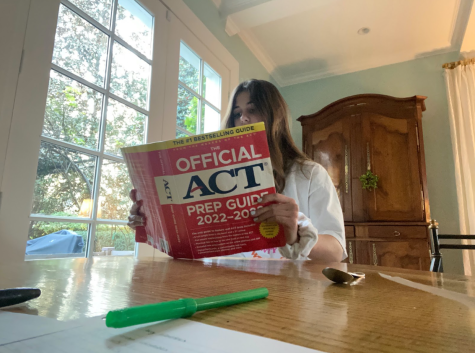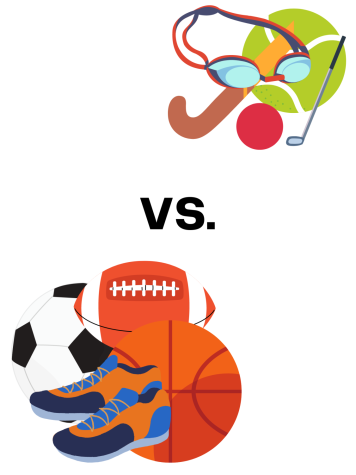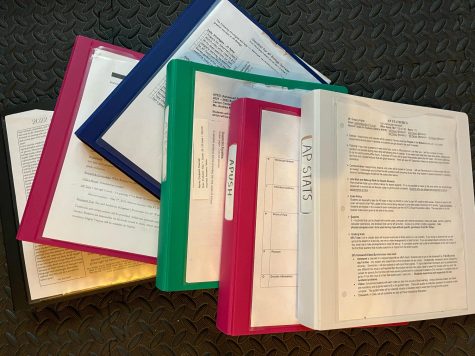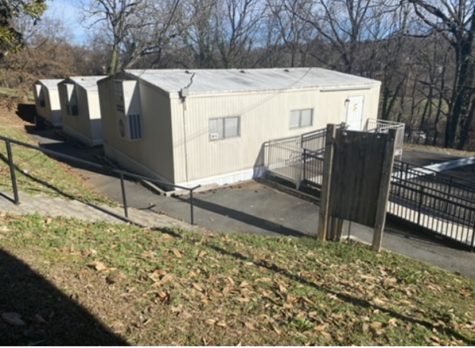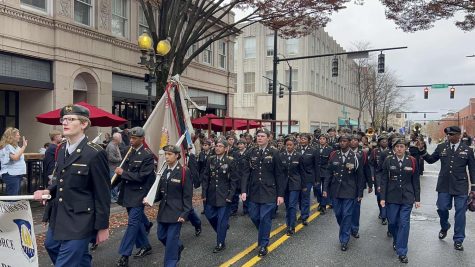The struggle for balance

Staff Writer Victoria Fabre
February 9, 2023
For many seniors at RJ Reynolds, the most significant interference with school is their part-time jobs. For many, these jobs are not optional. They help pay bills, fill up their gas tanks, and provide for their families. More and more students struggle and can barely meet school deadlines, but what exactly can be done about this?
A huge factor in this struggle for balance is the need for more time. Students must prioritize self-care and their mental well-being. The constant rush and need to be somewhere or get something done can be unhealthy. Teachers who are flexible with due dates are students’ best friends in times like these.
As someone who works about 25 hours each week, I often find it very challenging to find a balance between work and my personal life. I work both after school and during the weekend to save up for college, and frequently these workloads and my personal life bleed into each other.
“As long as your availability is set to times that you know you can complete your schoolwork to get the grades that you desire, I don’t think it’s a problem,” senior David Andrews said. “It’s only an issue if you allow your job to schedule you at any time.”
To Andrews, it all comes down to finding a proficient way to stay on top of things. The real problems can start when you get off track, leading to more anxiety and little to no free time.
“If you’re letting your grades slip and you know you have to go to work, it can add a lot of stress, but consistency is key,” Andrews said.
Privilege and class are other big factors. Many students do not have to pay for things like their car or gas, and in many cases, they don’t even need a job. Many of these students use their time to pursue passions like sports and clubs. Then there are a select number of students that can manage to take on all four: assignments, work, sports, and clubs.
From personal experience, many of us have to work twice as hard to get to the same place, including college and the workforce. Only some have parents who can financially support them beyond high school and some students even struggle to be supported while they’re in high school.
It’s very easy to be oblivious to privilege, considering a large percentage of RJR students are from surrounding neighborhoods and haven’t had to deal with financial hardships. We all must remember that some things that aren’t an issue for some to obtain can be ten times more difficult for a peer with less support.
“It’s like you have to grow up faster, and you have to put behind the things that you want so you can get the things that you need,” senior Mylani Collins said.
“For most kids, they can just ask their parents, and they’ll get it, but for kids who don’t have that, it can be more difficult, a lot of people don’t have to worry about having to pay bills or support their family because they have that privilege.” Said Collins
Overall, privilege and class have a lot to do with this. People who tend to have more free time and participate in many extracurriculars are of the higher class and tend to not have as many responsibilities. For us working students, it’s all about learning how to manage our time and do the best we can. It’s important to find your perfect balance and moments in-between tasks, and most importantly put yourself first. Order your responsibilities in a way that’s prioritizing your mental health and your future.





